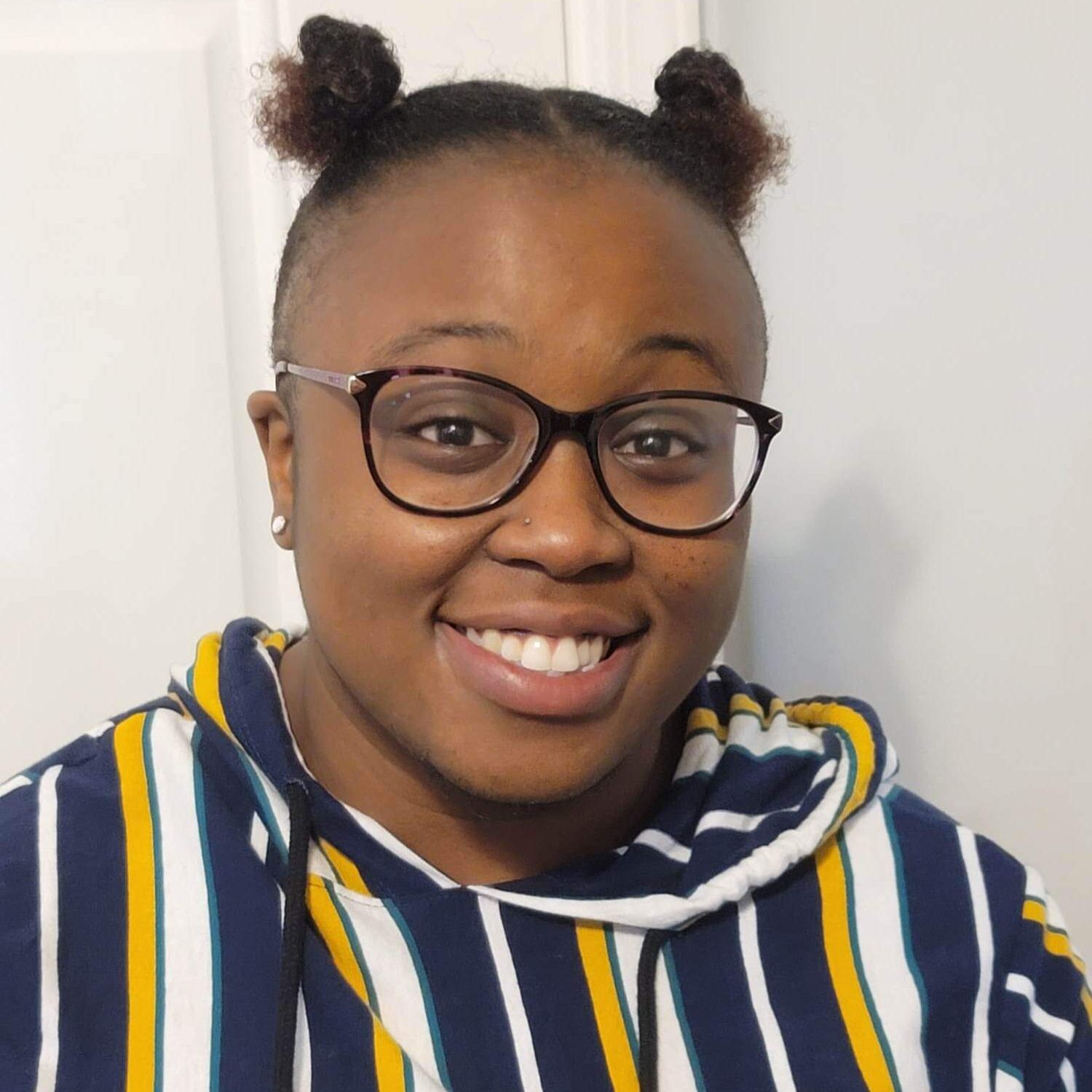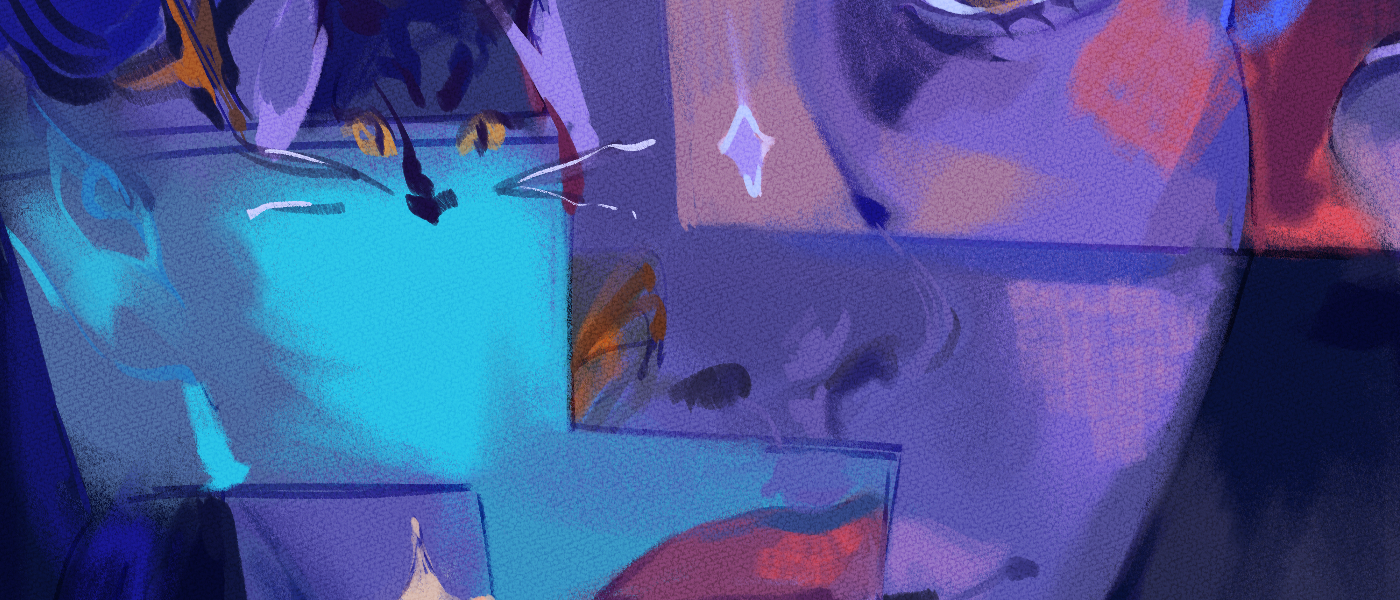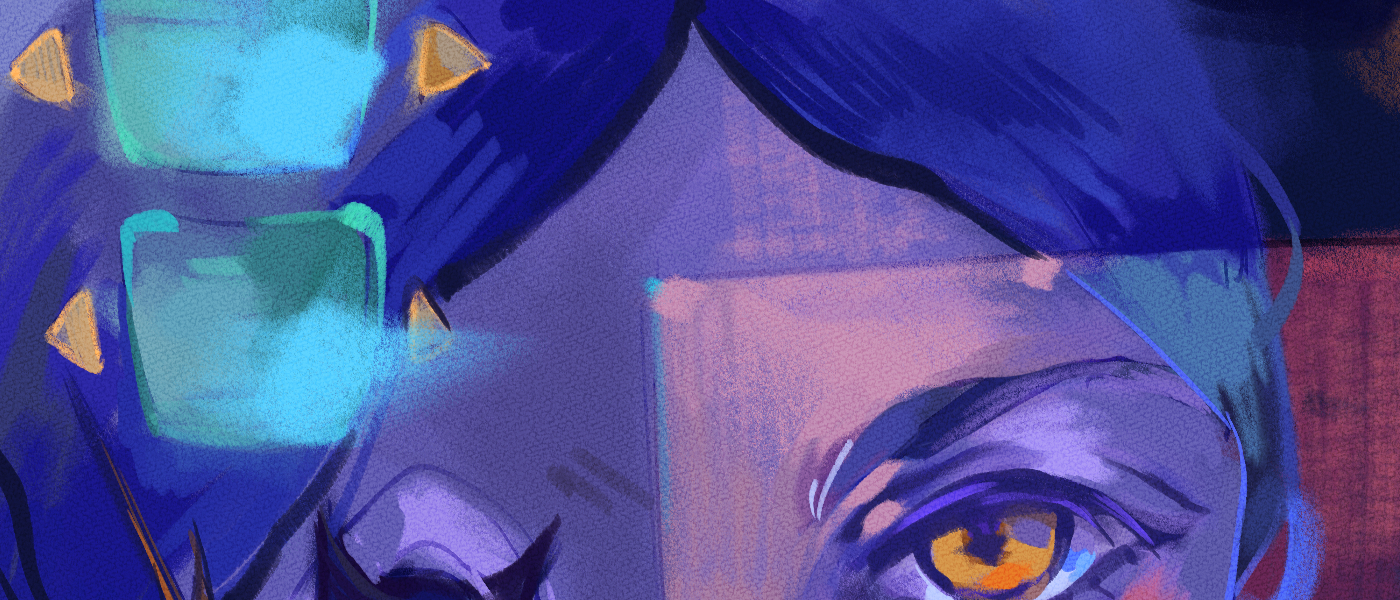Editor’s Note
On Gaming is an amalgam of brilliant poetry, prose, and art from queer people of color focused on the complicated realm that is the video game genre. These pieces span contemporary and retro games and include a wide variety of genres, including Mortal Kombat, Pokemon, Zelda, God of War, Skyrim, Deathloop, and more. The call for the anthology solicited work specifically from queer people of color to showcase underrepresented and marginalized gamers, writers, and artists. Through interrogations and explorations of these games, the contributors present themes of family, grief, flight, transdimensional healing, a hero’s tumultuous journey, and the effects of the harsh sociopolitical realities for Black and brown communities across the globe.
As I drafted the proposal for this anthology last year, I was witnessing a troubling shift in the gaming community on social media. Indie game developers that chose to focus on diverse representation on- and off-screen, as well as organizations and clubs that were formed to counteract the dehumanization that non-normative gamers often faced in the industry, were being harassed and accused of reverse racism and exclusion. One Black queer developer was forced to apologize for old tweets in which she expressed joy at working on a team in which she was not the sole Black or queer person. It was a troubling phenomenon to witness. I was aware that this folio could not and would not save the world, but I hoped it would be another disruption to the noise and harassment that was developing unchecked online. My goal was to create space for those most vulnerable and amplify the voices of those on the fringes of the video game community. I wanted to find more of my folk who were playing video games and using them as inspiration in their creative work. I wanted to hear and read their stories because I knew they were out there. Video games often act as bridges for communities across space and time, so it was also crucial to highlight how video games sustain and save us alongside our critiques and frustrations.
One of the major decisions about the folio that I made early on was in relation to its name. I considered both “On Video Games” and “On Gaming”, but I ultimately chose “On Gaming” because of the kinesthetic and interactive aspects of video games that bring us to the genre in the first place. Gaming is not a stationary process. We move forward in narratives, time, space, and in our seats as we’re filled to the brim with emotions during our gaming sessions. Like video games, the eight pieces in this folio will bring you to the edge of your seat. Not only do they offer windows into new worlds, fantastical and illuminated in soft light, but they redefine both hunger and nourishment. They are filled with tender moments that remind us of the power of community, self-compassion, and resilience. Each time I return to them, a new world is waiting for me to uncover. I hope that these works not only offer you a moment of respite during these times of heightened fear and anxiety, especially for queer people of color, but also make you feel as seen and held as I did as I curated this anthology.
Table of Contents
What’s inside “On Gaming”? Editor-in-Chief dezireé a. brown describes each piece that is in their anthology.
-
- In these breathtaking poems, Avery Robinson invokes the image of Kratos to reflect on the formidable and delicate relationships that Black fathers have with their sons and how they can be impacted by anti-Blackness.
-
- Briana Gwin’s essay takes us on a meandering journey of betrayal, domination, and redemption through multiple timelines, inviting us to reconsider what shapes and sustains companionship and agency in Skyrim and in our current flawed world.
-
- Chanlee Luu’s poetry weaves together stunning visual and formal poetics to explore the blurred lines between character and player that often emerge when gaming, as well as fond memories stretched across time and space in the land of Zelda.
-
- Not only do DeeSoul Carson’s poems offer us the experimental aesthetics and mechanics of video games, but they paint nebulas in which self-love, loathing, and healing can coexist to offer multidimensional perspectives of kinship and power.
-
- Marlin M. Jenkins’ essay is a tender and provocative piece that brings together retro video games and classic literature to wrestle with religion, community, late nights, and the true meaning of freedom for queer Black and brown people.
-
- mav’s lovely essay provides a vivid illustration of Fortnite and Mortal Combat supremacy, frayed family ties, and the contradictions that activists often navigate while engaging in self-preservation and healing to sustain their important work.
-
- Stephanie Dinsae’s fantastic poetry creates both a sharp and hilarious critique of a beloved icon from the Marvel universe and a colorful reflection on autonomy, bodies, and the fickle matter that forms them through Detroit Becomes Human.
-
- Isabel Li’s incredible artwork is an inviting reimagination of the propensity of video games and the possibilities and warm spaces that queer people of color continue to create despite histories of ostracization in the genre.
"On Gaming," call for submissions
This is the call for submissions, which is what the published contributors submitted work toward:
The video game industry and community has not been welcoming to marginalized gamers, whether they be people of color, gender variant, disabled, and/or queer. Historically, we were not allowed on-screen, we dealt with toxicity and harassment in online settings, and games were not created with us in mind. Many of these issues still remain; however, we continue to carve out spaces for ourselves and flourish despite hostilities and erasures. Our demands for inclusion along with the increasing accessibility of game-making have resulted in titles like The Gunk and Celeste that offer multifaceted characters that we can see ourselves in. We’ve created repositories like the Black Games Archive to think critically about how video games can function as agents of structural inequity and/or social change. We build communities in online gaming spaces to run raids, manage busy farms, and cultivate support for marginalized content creators with organizations like The Disabled Content Creators Collective.
This call seeks to address, through poetry, prose, and art, this complex genre of education and entertainment from the perspective of queer people of color. This anthology will speak to both the joy and nostalgia that can be experienced playing video games as well as the structural inequities reflected in the genre. I want to see your clan battles, love stories, respawns, journeys, horrors, dreams, personal vendettas, and moments of rage and quiet reflection. In what ways have video games impacted or changed you? How have they helped you survive our present world and envision new ones? Submissions can engage with video games in both/either content and form, and submissions from Black and Palestinian queer folk as well as gender variant and disabled queer poc are especially encouraged.
Close




